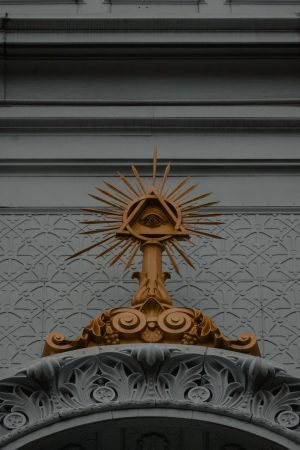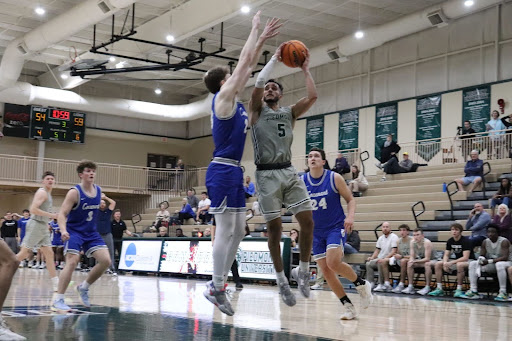By FLETCHER DEAL
The story of Wendell Brooks Phillips is tied very closely to the college. His father was an original trustee and personal friend of the college’s founder.
In fact, Phillips began his education with the college and was a part of the inaugural class at the age of six, when Piedmont had a grade school.
Phillips made his way up the class ranks and eventually graduated from Piedmont to make his way north to Harvard for an even higher education.
After Harvard, he returned to teach at Piedmont, in spite of the advice his Harvard educators gave him about teaching in Boston instead. He even taught an English class that Lillian E. Smith took while at Piedmont.
Upon his return to Piedmont, he fell back in love with what he deemed a quintessential “hick college,” a light in the mountains teaching the poor and rich alike.
It was during this time that Phillips began telling the Northeast about the “mythical” hick college and its students’ thirst for knowledge, according to his writings in the Atlantic Monthly, a journal of literature and opinion published in Boston.
The love he had for the college and its students was not perfect. He saw the staunch rigidity of the local trustees running the school with an iron fist, and without consideration of those trustees living in the North.
He saw them acting as moral gatekeepers who kept students on a moral path reminiscent of the Victorian Era.
He butted heads many times with the local trustees, mainly due to his unconventional views on religion. He didn’t share the views of most of those in charge of the college, and his writings in the Atlantic Monthly didn’t help their view of him.
Nevertheless, he stayed an employee of the college for two more years in an era when the college could fire a teacher at any point without reason.
Phillips was eventually fired in 1935. The college’s academic freedom policy was very strict, and educators were required to teach only in conventional ways that aligned with the views of the college. Phillips refused to fall in line.
“The trustees considered my attitude a menace to Christian education; I on the other hand, considered their attitudes a menace to education of any kind,” said Phillips in the Atlantic Monthly.
“I was Fired from a Hick College” was Phillips’ last article about Piedmont to the Atlantic Monthly. He wrote it after receiving notice of his dismissal. He thought the school was stuck in the past.
“If the students were living in the present, the faculty were frozen somewhere in the nineteenth century, and the trustees were petrified in the days of John Calvin,” wrote Phillips in the article.
“I appeal to the only living creatures who can remedy the matter…. Students in hick colleges everywhere, please rise! You must know that the scores of little colleges which you attend, so provincial, so American, are sick unto death.”
He charged readers to be proactive with the last line of his article.
“Within twenty years they will have died or changed into something greatly better. You can most effectively help them by simply insisting that they give you an education,” wrote Phillips.
















